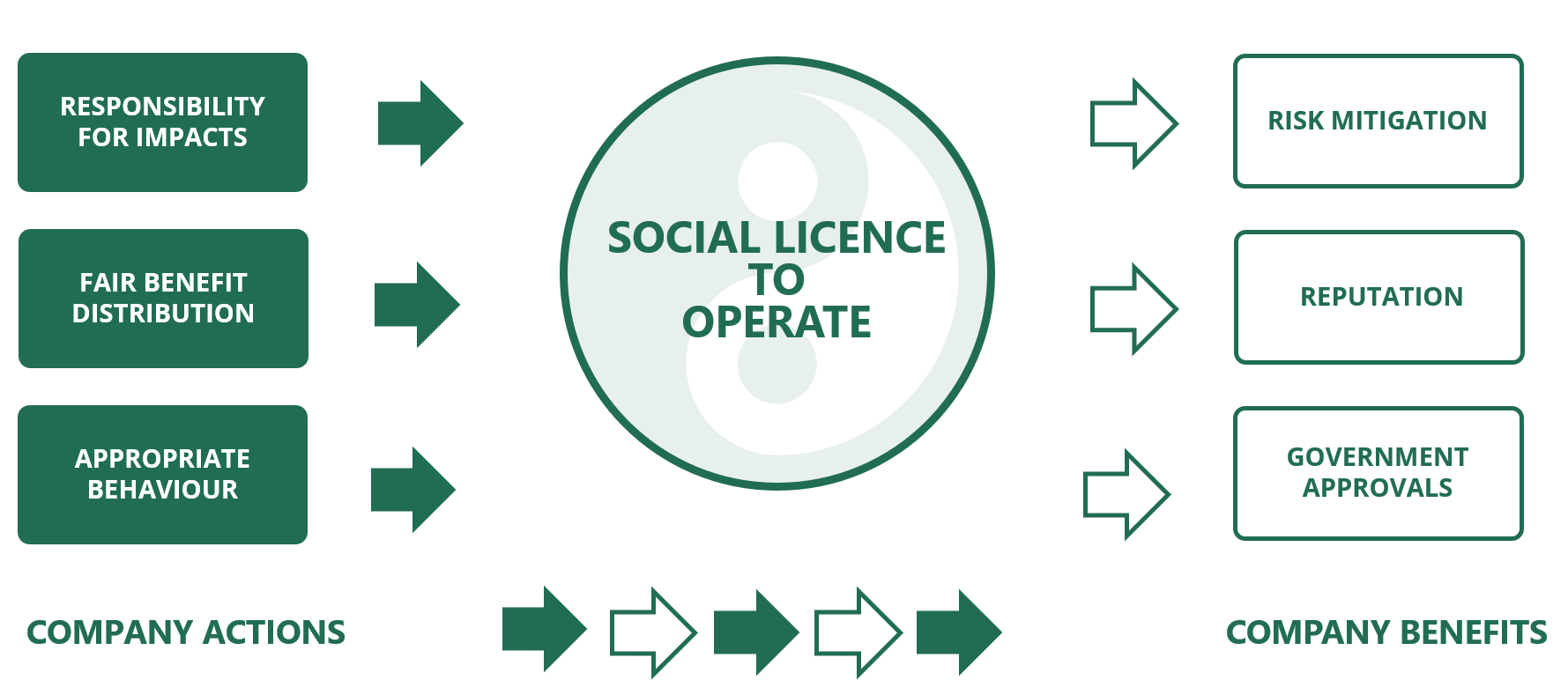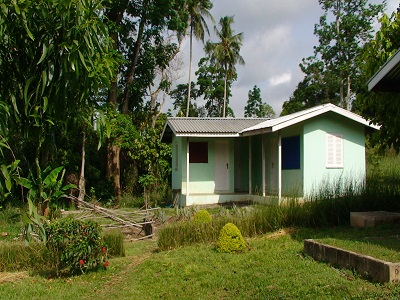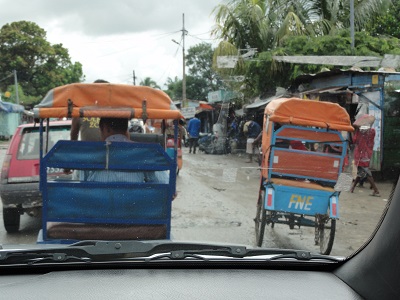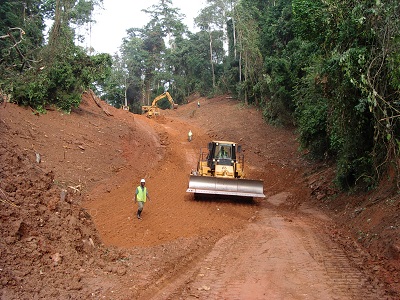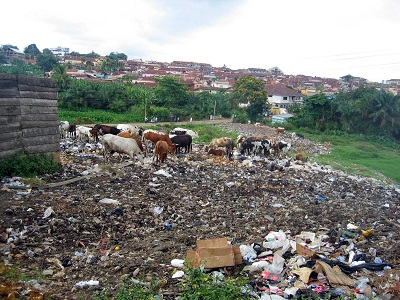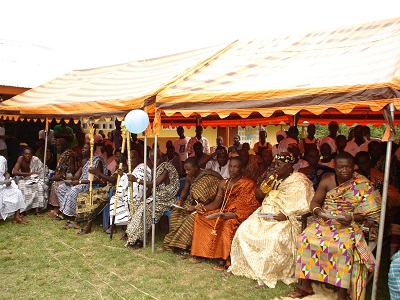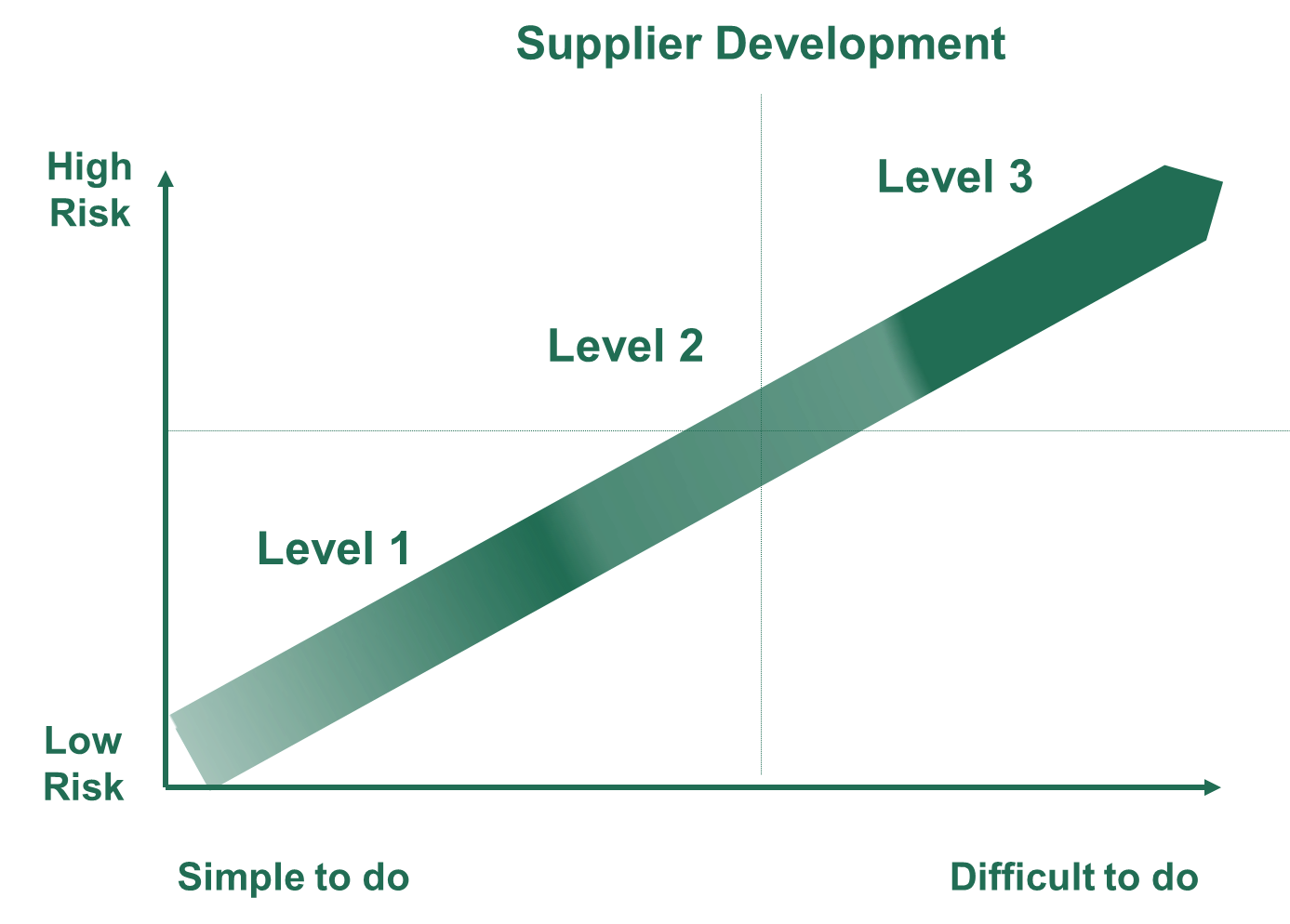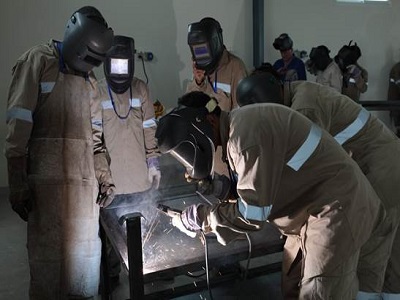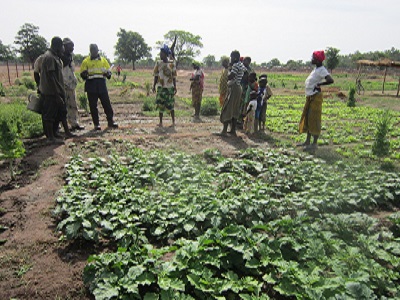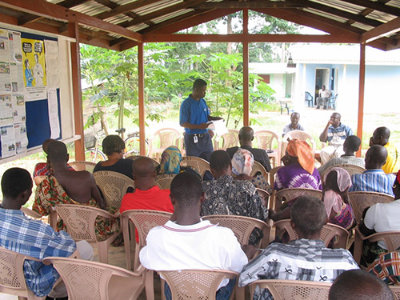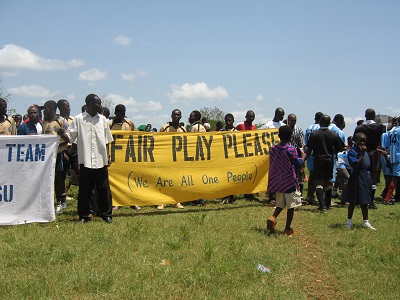The SLO-toolkit is designed to help you to improve the strength and resilience of your Social Licence.
Earning and maintaining a Social-Licence-to-Operate (SLO) takes work - it is not something that comes for free - but it doesn't need to be complicated. What I find useful is a simple cause-and-effect model which recognises that the actions of a company directly influence the quality of its social licence and the quality of the social licence leads directly to easily identifiable benefits to the company. The model is the basis of the toolkit.
There are three ways you can use the toolkit and they are all available to you at no cost:
- Browse and view the guides and resources for an instant fix or
- Save what you need in your personal toolkit for future reference on-line or
- Download from your personal toolkit onto your own computer.
I'd like to think that by using the toolkit you will be able to work things out for yourself but if not, and you need a bit more help, use the contact form to tell me where you are stuck and I'll get back to you with some ideas.
